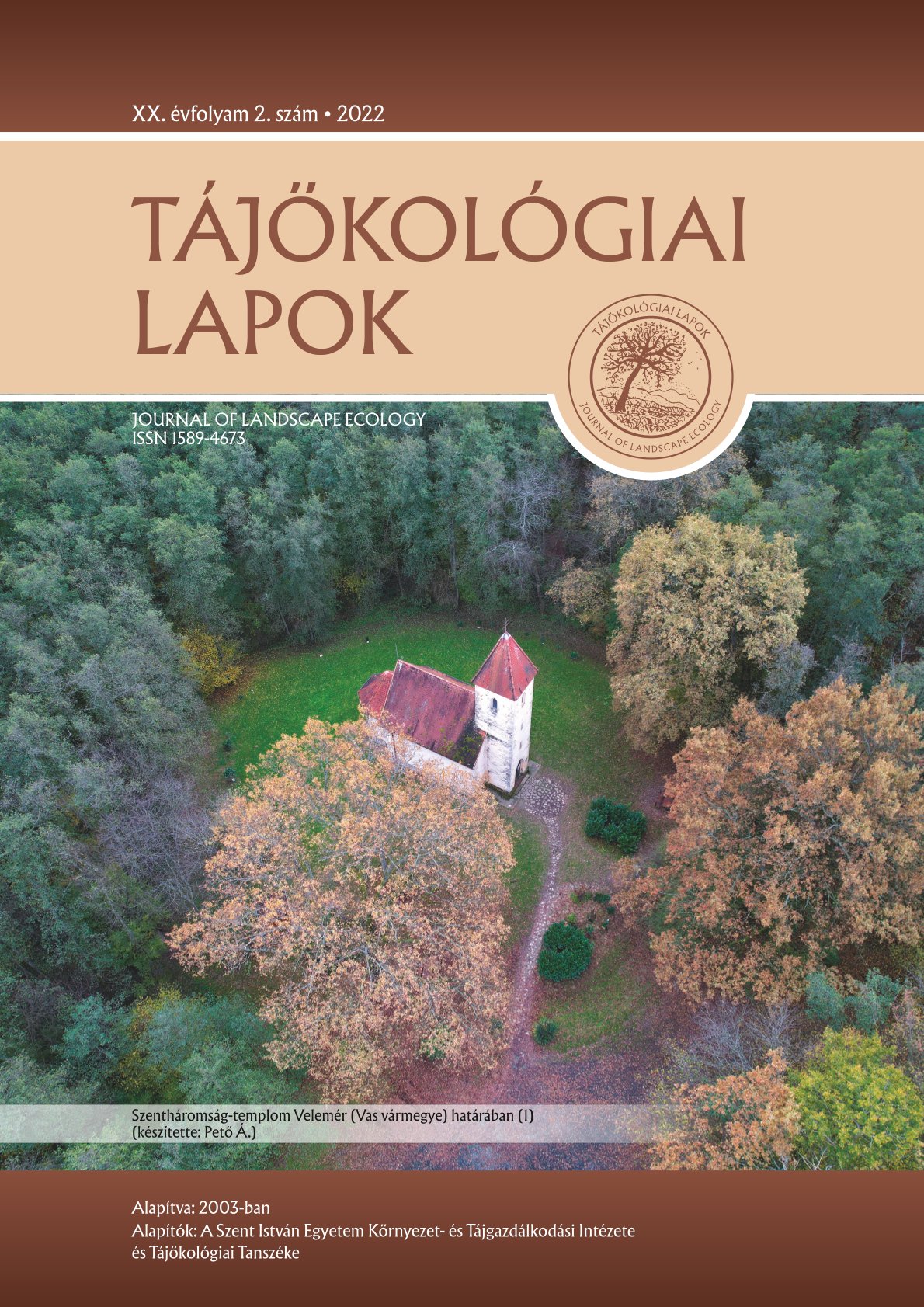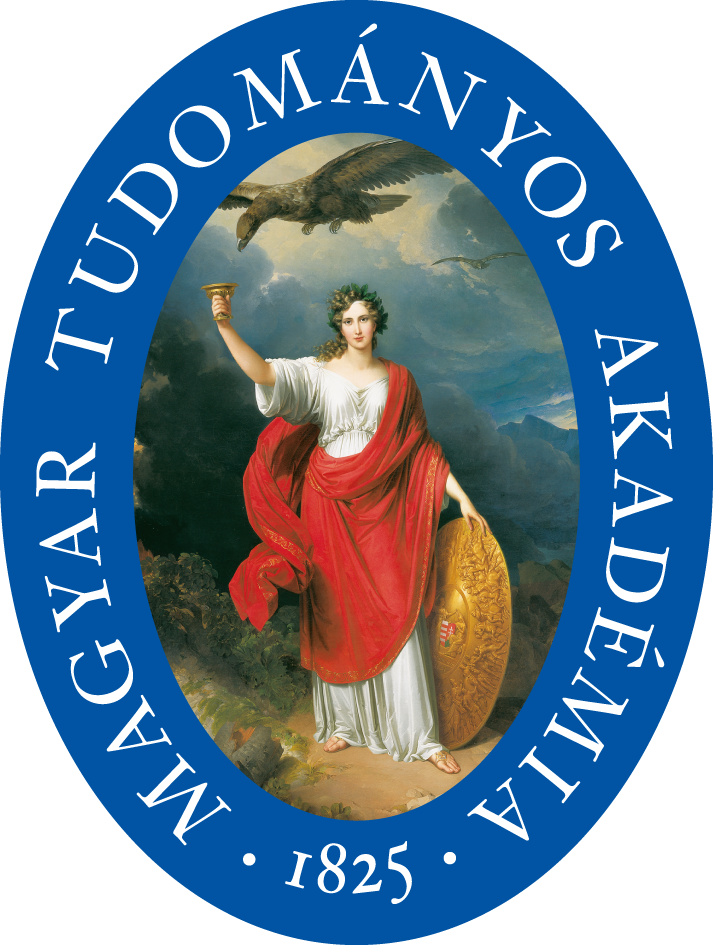Analysis results of biological water quality parameters in lake Naplás
DOI:
https://doi.org/10.56617/tl.3454Keywords:
biological water quality, water quality, chlorophyll-a content, phytoplanktonAbstract
Qualitative and quantitative protection of surface water is one of the highlighted tasks because it is the most decisive natural resource. Water quality measurements contain biological, chemical, physical and bacteriological parameters. The main purpose of the study to determine which parameters affect the horizontal and vertical distribution of phytoplankton. The study area is the Lake Naplás which is the second largest nature reserve of Budapest. During the sampling campaigns, chlorophyll-a, NO2-, NO3-, PO43- concentration, water temperature, UV index and meteorological parameters were measured. Based on the results, the vertical and horizontal location of the phytoplankton was mostly influenced by UV radiation, water temperature, NO3- and the PO43- content.
References
Marosi S., Somogyi S. (szerk.) 1990: Magyarország kistájainak katasztere. Budapest: MTA Földrajztudományi Kutató Intéze. p.316.
Bajor Z. 2013. Ökológiai állapotfelmérés: Naplás-tó és környéke Budapest. p. 6.
Bognár A.L. 2005: Védett természeti értékek a Budapest: Főpolgármesteri Hivatal. p. 38.
Dukay I. 2000: Kézikönyv a kisvízfolyások komplex vizsgálatához Vác: Göncöl Alapítvány és Szövetség. p. 134.
Stollmayerné Boncz E.1991: Adatok a Naplás-tó és környékének élővilágához. Calandrella V(1): 65–84.
European Community 2000: Directive 2000/60/EC of the European Parliament and of the Council of 23 October 2000 establishing a framework for Community action in the field of water policy. Official Journal of the European Parliament, L327 (October 2000), pp. 1–82. DOI: https://doi.org/10.1039/ap9842100196
Felföldy, L. 1974: A biológiai vízminősítés. In: Vízügyi Hidrobiológia. Vízügyi hidrobiológia 3. p. 234.
Felföldy L. 1981: A vizek környezettana általános hidrobiológia. Budapest: Mezőgazdasági Kiadó. p. 289.
Kiss Keve T. 1998: Bevezetés az algalógiába. Budapest: ELTE Eötvös Kiadó. p. 283.
Németh C. 1996: Üzemelési Szabályzat a Szilas-pataki tározóhoz. Budapest: Mélyépíter Mévit Kft. p. 8.
Padisák J. 2005: Általános Limnológia. Budapest: ELTE Eötvös Kiadó. p.310.
Pécsi M. 1958: Budapest természeti képe. Budapest: Akadémiai Kiadó. p. 744.
Reynolds, C. S. 2006: The Ecology of Phytoplankton. Cambridge: Cambridge University Press. p. 551. DOI: https://doi.org/doi.org/10.1017/CBO9780511542145
Zseni A., Bulla M. 2002: Vízminőségvédelem. Győr: Széchenyi István Egyetem, Építési és Környezetmérnöki Intézet. p. 168.
Downloads
Published
Issue
Section
License
Copyright (c) 2022 Schumacher Fanni, Waltner István, Sebők András, Grósz János

This work is licensed under a Creative Commons Attribution-NonCommercial-NoDerivatives 4.0 International License.
A folyóirat Open Access (Gold). Cikkeire a Creative Commons 4.0 standard licenc alábbi típusa vonatkozik: CC-BY-NC-ND-4.0. Ennek értelmében a mű szabadon másolható, terjeszthető, bemutatható és előadható, azonban nem használható fel kereskedelmi célokra (NC), továbbá nem módosítható és nem készíthető belőle átdolgozás, származékos mű (ND). A licenc alapján a szerző vagy a jogosult által meghatározott módon fel kell tüntetni a szerző nevét és a szerzői mű címét (BY).












